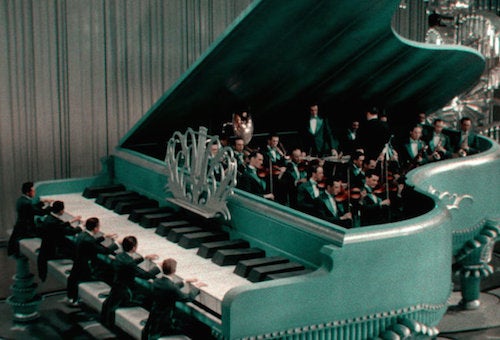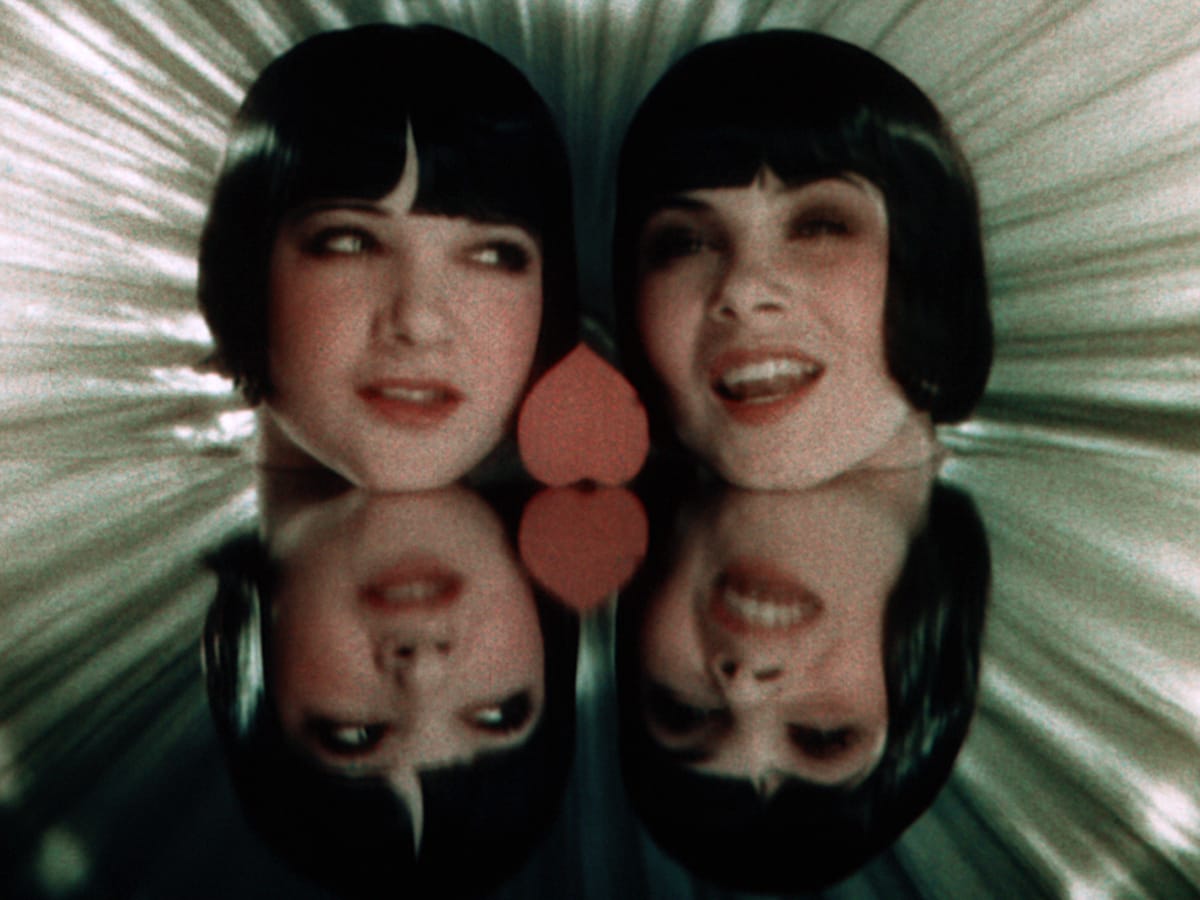 PATHER PANCHALI
PATHER PANCHALIPather Panchali (Song of the Little Road) is the debut film of both director Satyajit Ray and the main character, Apu. This first part of what would become The Apu Trilogy is one of the most beautiful films I have seen, perhaps not visually stunning but emotionally impactful that it stays with you long after you see it.
Pather Panchali covers the early years of little Apu (Subir Bandopadhyay, now Subir Banerjee). He is the second child of Harihar (Kanu Bannerjee) and Sarbojaya Ray (Karuna Bannerjee) and he lives with his older sister Durga (Uma Das Gupta) and his elderly 'Auntie' Indir (Chunibala Devi), whom both are devoted to, especially Durga.
As a side note, despite their shared surnames none of the actors were related.
The family is quite poor, leading to much stress on Sarbojaya's part. She is frustrated by Auntie's habit of taking food without asking, which Sarbojaya in turn blames for Durga taking fruit that has fallen from a wealthier family's orchard (said orchard she maintains her more dreamer husband should have held onto). Harihar is a poor priest and keeps plugging away at being a writer and poet, but money is hard to come by.
As we see Apu and Durga grow up, they experience the joys of simple things like sweets and the train passing by, but also see the hardness of life. The neighbor insists Durga stole a necklace from her daughter, causing Sarbojaya to briefly throw her out of the house. She also throws Auntie out a couple of times, though the wily old lady manages to come back with little protest from Sarbojaya.
Harihar goes to find work and money away from their ancestral land, and in his absence Sarbojaya becomes more desperate and concerned. Apu and Durga experience the tragedy of loss and death, and then death comes for the innocent. Harihar finally returns but what joy he has is lost when he learns of Durga. With nothing to hold them to the only home they have known for at least three generations, the Rays go to the big city of Benares to seek out a new start.
 Pather Panchali has as its major drawback its length at a little over two hours. Such a long film may try viewers' patience, especially as Pather Panchali has a very small, simple plot. It's a very quiet film: there are no major twists apart from the discovery of the necklace and its focus is on simple people living out their lives in rural India. There is no talk of politics or the outside world, in fact no mention of anything remotely connected to the outside save for the train that so fascinates Apu and Durga.
Pather Panchali has as its major drawback its length at a little over two hours. Such a long film may try viewers' patience, especially as Pather Panchali has a very small, simple plot. It's a very quiet film: there are no major twists apart from the discovery of the necklace and its focus is on simple people living out their lives in rural India. There is no talk of politics or the outside world, in fact no mention of anything remotely connected to the outside save for the train that so fascinates Apu and Durga.Yet my question would be what exactly should be removed? Director and screenwriter Satyajit Ray in his directorial debut takes this slow and methodical method to allow us to know these characters, and as such those with patience are richly rewarded. We are slowly woven into their lives, their struggles, hopes, joys, simplicity and heartbreak to where we can see either ourselves or our own families.
One of the great beauties of Pather Panchali is that despite the difference in time and culture the viewer can identify with the characters and their various situations: the inquisitive and playful Apu, the protective yet flawed Durga, the wily and slightly mischievous but wise Auntie, the harried and haunted Sarbojaya and the optimistic and hopeful dreamer Harihar. Pather Panchali is a story that is familiar to the human condition, centering on a family and situations both distinctly Indian and deeply universal.
It's a major credit to Ray as a director that his cast featured non-professional actors. Out of his main cast, Bandopadhyay had no acting experience and only Kanu Bannerjee had film experience. Karuna Bannerjee, Das Gupta and Devi had theatrical acting experience but no film work. They all give such wonderful performances, making the characters so relateable. We see Apu's discovery of the world, his innocence and joy in simple things. We can smile as Auntie delights in the secret deliveries of fruit Durga 'finds' for her. We can share Sarbojaya's anxieties about how to feed her family while her husband is away.
"I had dreams too...", she tells her husband softly, and here I think we see the genius of both Ray and Pather Panchali. Sarbojaya was once Durga, a generally happy child with her life ahead of her. She is also perhaps fated to become Auntie, an old hunched-over woman living off the kindness of extended family. In fact near the end a child sent by family to provide food for Sarbojaya in her grief calls her 'Auntie', suggesting that the wheel of time spins in a certain direction too.
We can also mourn the two deaths in Pather Panchali, one not surprising, one unexpected but both sad and tragic. It is no surprise that the elderly Auntie dies, though her death seems very harsh given the circumstances that led to it. It is the other death that hits you much harder, much deeper. Ray does not make it a big moment, drenching it with music or having hysterics. It is the softness, the stillness of both the death and Sarbojaya's pained, frozen reaction that hits us harder.
I confess that when she finally broke down after Harihar gives her Durga's new sari, I had to pause the film for a few moments to collect myself. You would simply have to have a heart of stone not to find yourself shedding tears at this moment. I admit I cried at this moment, and I have no shame in that revelation.
Pather Panchali perhaps has a subtle way of informing the viewer about its theme of life moving forward both with happiness and sadness. We see this with Sarbojaya, but there's another part that caught my attention. Near the end of the film Apu is sent to find someone. He dresses before leaving, and then pauses to take one more item: an umbrella. Here, he echoes his father's similar pause to collect his umbrella earlier in the film when he set out on his journey. Perhaps I am reading too much into this, but I think Ray was suggesting that Apu was now becoming a man, leaving the boy behind.
This is a film that makes one go find his or her family and express their love for them. After seeing it, I went and hugged my mother tightly and lovingly. Granted, she was suspicious as to why I was suddenly so affectionate and thought I was up to something, but such is life.
Lest I forget, the film is blessed with a beautiful score from legendary sitar master Ravi Shankar, whose music brings delight and pain that matches the story.
The pain and loss the family endures is heartbreaking, yet Pather Panchali is not a tragedy. We have moments of lightness and joy, in short, about life and the human condition every person lives out. A beautiful portrait of humanity, albeit perhaps a bit slow for some, Pather Panchali is a portrait of how we all travel down on our own Little Road.
DECISION: A+
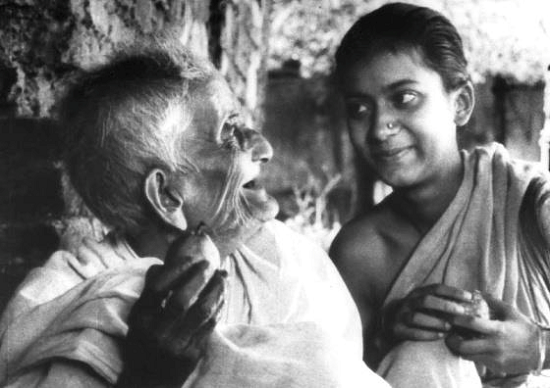



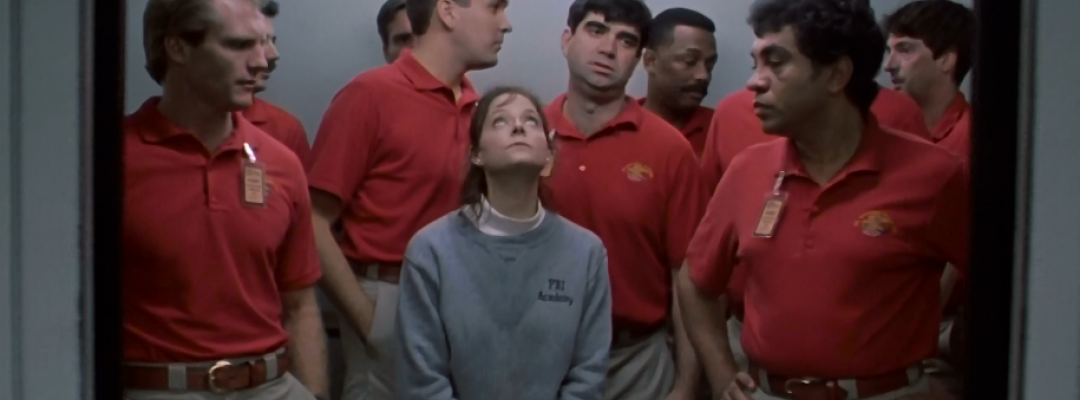
_poster.jpg)

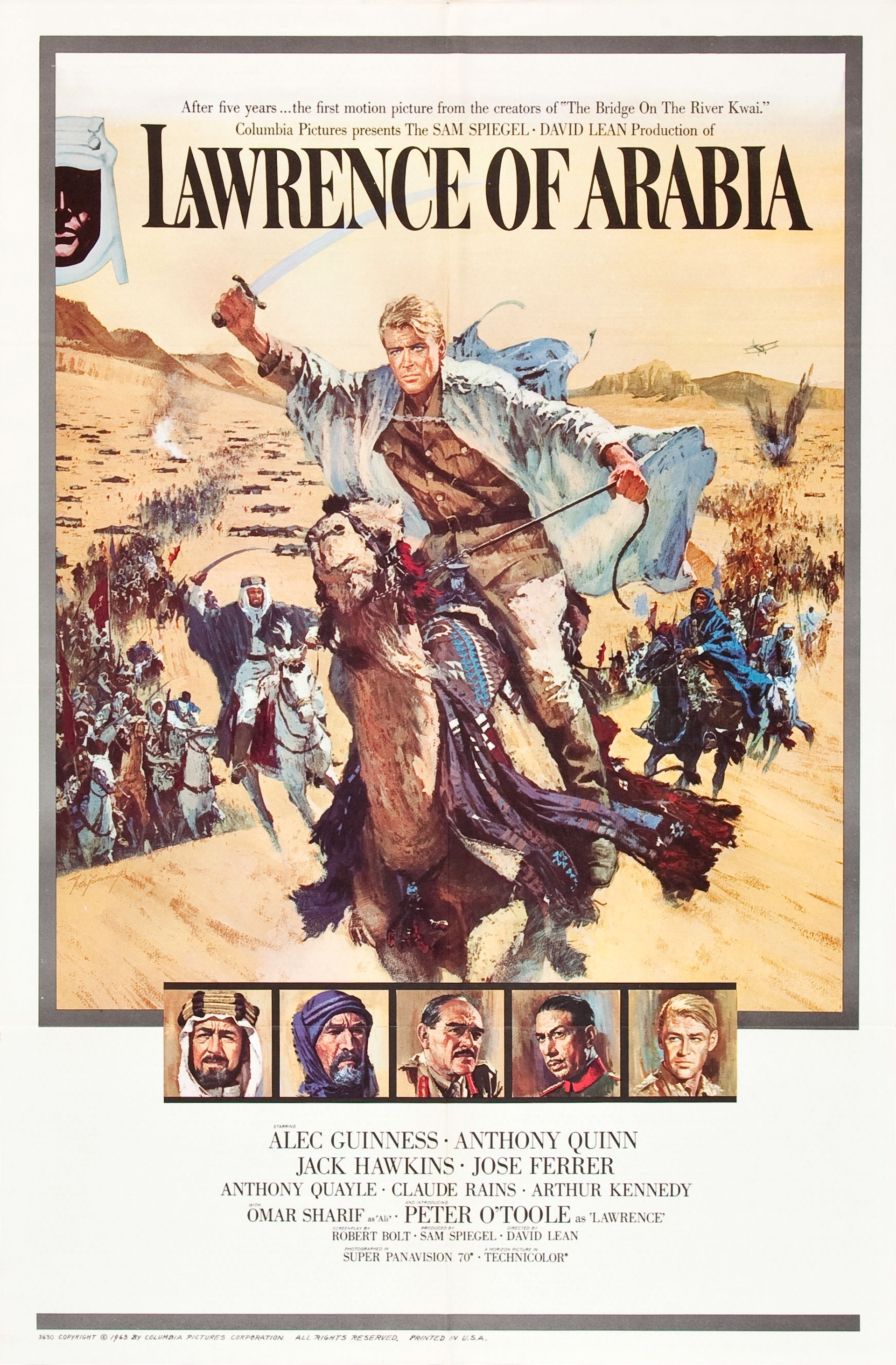
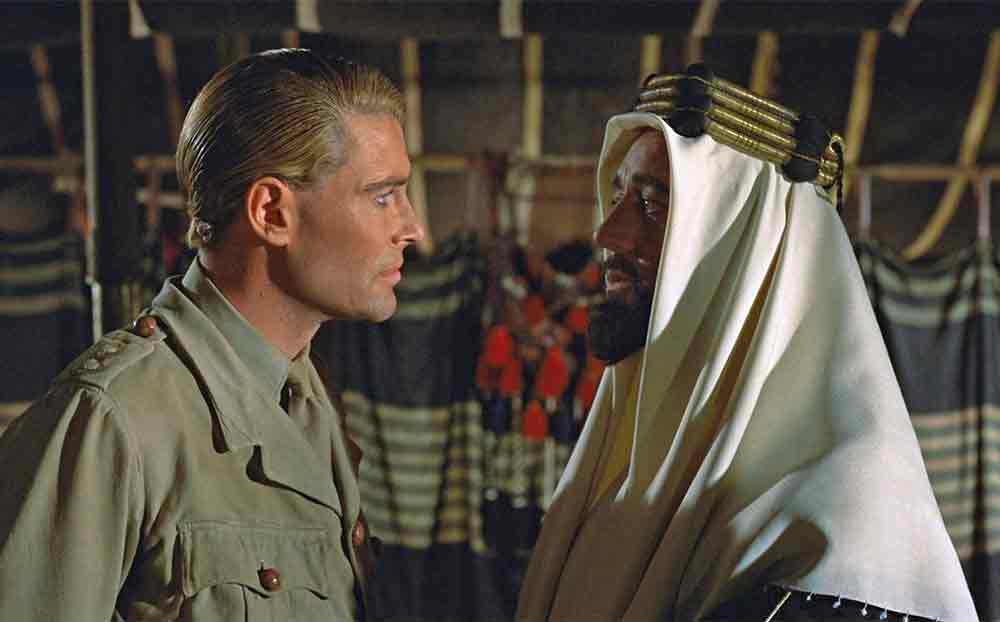




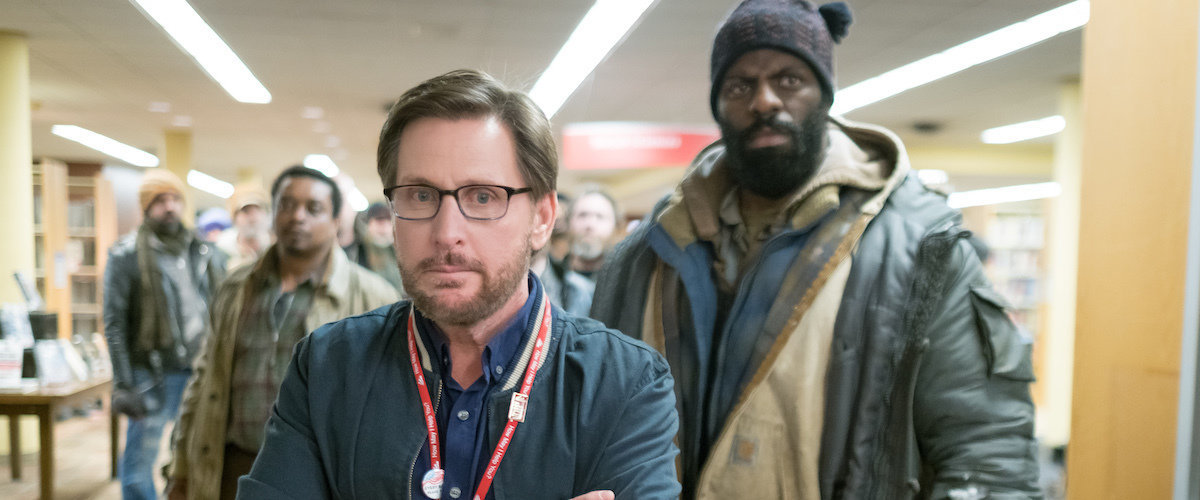







.png)
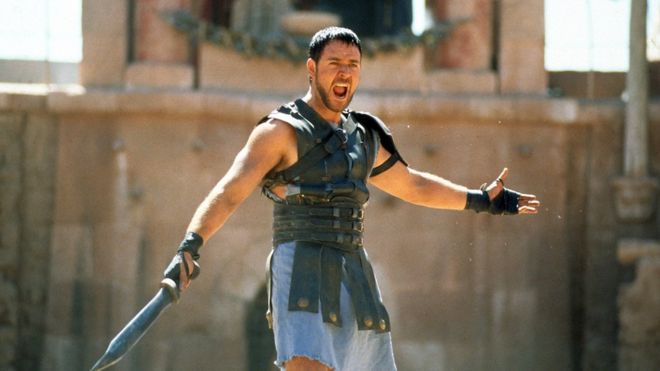

.png)






